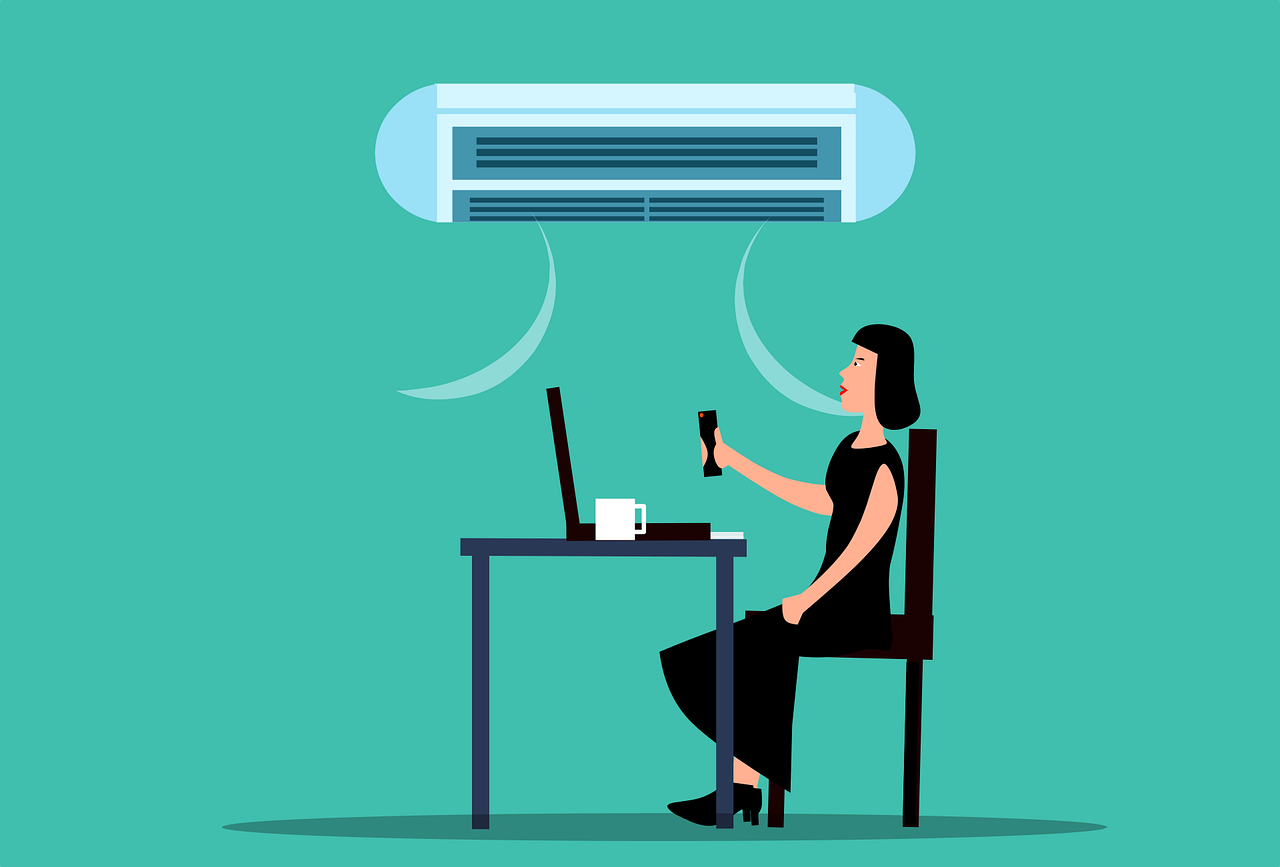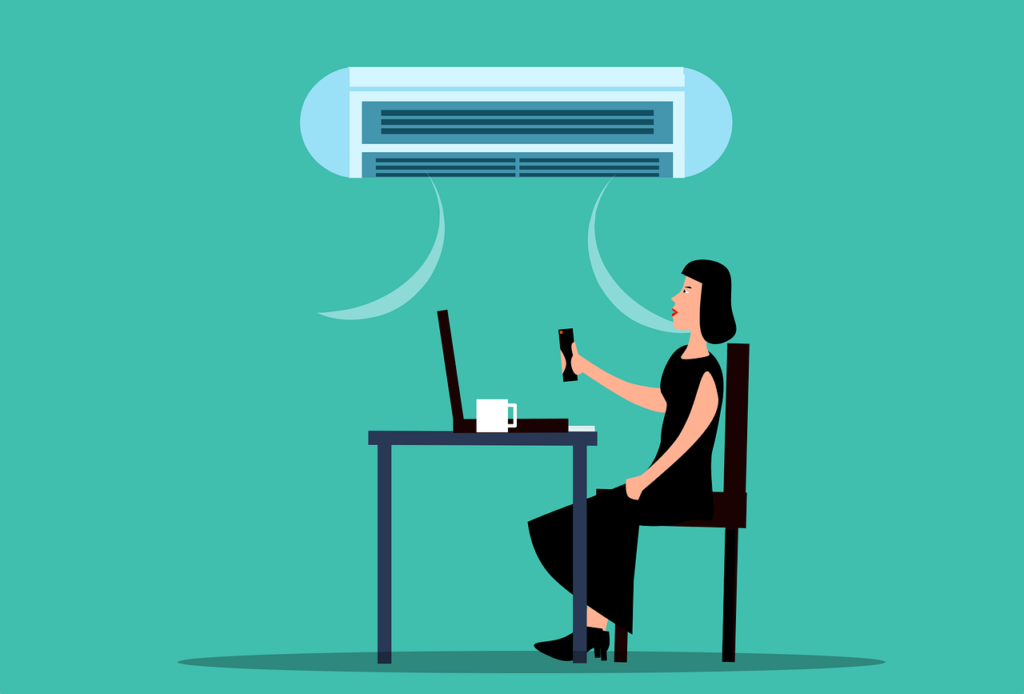
Tips For Repairing And Mainting Your Home’s Hvac System
Are you tired of constantly dealing with issues with your home’s HVAC system? Do you want to learn how to maintain it properly to avoid costly repairs and replacements? Look no further, as we have compiled some valuable tips for repairing and maintaining your HVAC system.
Regular maintenance is crucial for the longevity and efficiency of your HVAC system. Neglecting maintenance can lead to costly repairs and replacements. Therefore, it is important to make sure your system is running smoothly and efficiently all year round.
With our helpful tips, you can do basic DIY repairs yourself and recognize when it’s time to call in a professional technician. Keep reading to learn more about maintaining your HVAC system in top condition.
Importance of Regular Maintenance for HVAC Systems
You’ll want to make sure you keep up with regular maintenance for your HVAC system so you can avoid costly repairs and keep your home comfortable year-round! Not only will regular maintenance make your HVAC system more efficient, but it can also prolong the life of your unit and save you money in the long run.
One of the benefits of regular maintenance is cost effectiveness. By having a professional inspect and tune up your system annually, you can catch small issues before they become major problems. This can prevent breakdowns and extend the lifespan of your system, which will save you money on repairs and replacement costs.
Additionally, a well-maintained system will run more efficiently, which can lower your energy bills and reduce your carbon footprint.
Overall, investing in regular maintenance for your HVAC system is a smart decision that can benefit both your wallet and the environment.
Basic DIY HVAC Repairs You Can Do Yourself
Feeling empowered to tackle some of your HVAC system’s basic repairs yourself can save you time, money, and frustration. One of the easiest DIY HVAC repairs you can do is cleaning your air filters.
Dirty filters can cause your system to work harder, which can lead to higher energy bills and even a breakdown. To clean your filters, simply remove them from the unit, vacuum or wash them, and let them dry completely before reinstalling.
It’s recommended that you clean or replace your filters every 1-3 months, depending on the frequency of use and the air quality in your home.
Another common issue you might run into is a malfunctioning thermostat. Before calling in a professional, try troubleshooting the thermostat yourself.
Check the batteries and make sure they’re properly inserted. Ensure that the thermostat is set to the correct temperature and mode. If it’s still not working, try resetting it by turning off the power to the unit and then turning it back on.
If you’re still having trouble, it might be time to call in a professional. By trying these basic repairs yourself, you can keep your HVAC system running smoothly and avoid costly repairs in the future.
Signs Your HVAC System Needs Professional Attention
If your HVAC system is constantly making strange noises and emitting unpleasant odors, it’s time to call in a professional to address the issue. These are common HVAC issues that require the expertise of an experienced technician. Don’t attempt any DIY troubleshooting as it may lead to further damage and costly repairs in the future.
Other signs that your HVAC system needs professional attention include poor airflow, inconsistent temperatures, and frequent breakdowns. If you notice any of these issues, it’s best to contact a licensed HVAC contractor to inspect and diagnose the problem.
Regular maintenance and timely repairs can help prolong the life of your system and ensure that it operates efficiently all year round.
How to Choose the Right HVAC Technician for Repairs and Maintenance
When looking for a reliable HVAC technician to handle your repairs and maintenance, there are several factors to consider.
Firstly, you should ensure that the technician has the necessary qualifications to work on your system. This includes proper certifications and licenses for handling refrigerants and electrical work. You can check their credentials with local licensing bodies and professional organizations.
Another important factor to consider is the cost of the service. While you don’t want to skimp on quality, you also don’t want to overpay for services that could have been done at a lower cost. It’s a good idea to get quotes from several different technicians to compare prices and ensure that you’re getting a fair deal.
Additionally, you can ask if the technician offers any maintenance plans or discounts for regular customers, which can help save money in the long run.
By taking these factors into consideration, you can find a skilled and affordable technician to keep your HVAC system running smoothly.
Upgrading Your HVAC System: When to Repair vs. When to Replace

Upgrading your HVAC system can be a great way to improve your home’s energy efficiency and save money on monthly bills. However, before making a decision, it’s important to consider the lifespan of your current system and whether it’s worth repairing or replacing.
On average, HVAC systems last 10-15 years. If approaching this age, it may be more cost-effective to replace with a newer, more energy-efficient model. Additionally, if frequently calling for repairs or noticing decreased performance, it may be time for an upgrade.
Energy efficiency upgrades, such as a programmable thermostat or high-efficiency air filter, can also help save money and prolong system lifespan. Consult with a trusted HVAC technician to determine the best course of action for specific needs and budget.
Frequently Asked Questions
How often should I change my HVAC air filter?
To keep your HVAC system running efficiently, change your air filter every 1-3 months. Use high-quality filters to trap more particles and improve indoor air quality. Consider upgrading to a HEPA filter for even better results.
Can I use my HVAC system during a power outage?
During a power outage, you can use your HVAC system if you have a generator backup. If not, consider alternative heating methods like a portable heater or fireplace to keep your home warm.
What is the average lifespan of an HVAC system?
The average lifespan of an HVAC system is 15-25 years. Regular HVAC system maintenance can help extend its life. Signs of an aging HVAC system include increased energy bills, frequent repairs, and uneven heating/cooling.
How can I improve the energy efficiency of my HVAC system?
Improve your HVAC system’s energy efficiency by installing a smart thermostat and inspecting your ductwork. These steps can help reduce utility bills and extend the life of your system.
What are some common mistakes homeowners make when trying to DIY HVAC repairs?
When attempting HVAC repair on your own, common errors include misdiagnosing the problem, using incorrect parts, and creating safety hazards. Do it yourself risks can be avoided by hiring experts for professional HVAC repair.
Conclusion
Now that you’ve learned the importance of regular maintenance for your HVAC system and some basic DIY repairs you can do yourself, it’s time to be proactive in keeping your home comfortable and energy-efficient.
Remember to always pay attention to signs that your HVAC system needs professional attention and to choose the right technician for the job.
If you’re considering upgrading your HVAC system, be sure to weigh the cost of repairs versus replacement.
With proper maintenance and occasional repairs, your HVAC system can last for many years, providing your home with the comfort and air quality you need.
By following these tips, you can ensure that your HVAC system runs smoothly and efficiently for years to come.

Comments (0)